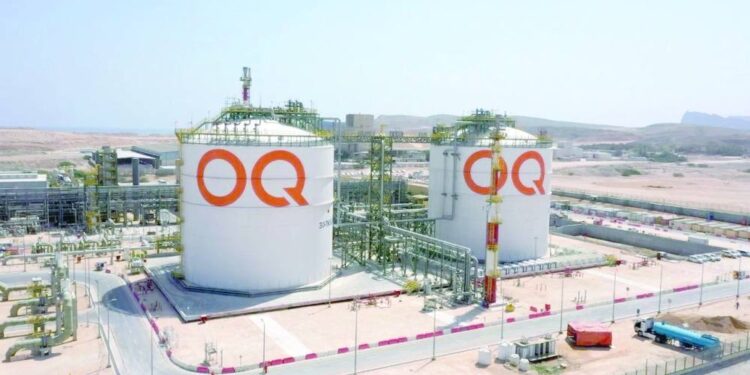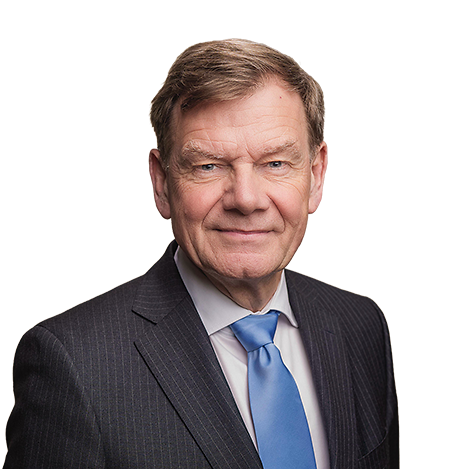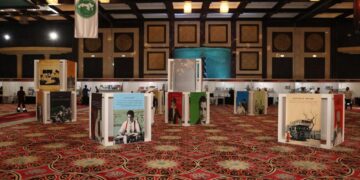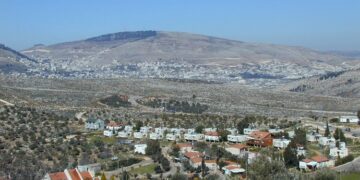During the visit of Sultan Haitham bin Tariq to the Netherlands, three strategic economic agreements were signed between the Sultanate of Oman and the Netherlands. These agreements pave the way for the establishment of the world’s first trade corridor for the export of liquefied hydrogen, linking the Omani port of Duqm with the Dutch port of Amsterdam and further connecting to German logistics centers—particularly the port of Duisburg. This step marks a significant shift in the global energy landscape and reinforces Oman’s role as a key player in the production and export of green hydrogen.
The main agreement, involving Omani entities such as “Hydrom,” “OQ,” and the Port of Duqm, and the Dutch company “Royal Vopak,” aims to develop an integrated corridor. This corridor encompasses the production, maritime transport, storage, and supply of green hydrogen in accordance with European environmental standards (RFNBO). The agreements also include studies on the transport of carbon dioxide and hydrogen via pipelines to support energy transition and emission reduction projects.
Engineer Salim Al Aufi, Minister of Energy and Minerals and Chairman of the Board of Hydrom, stated that this partnership is a strategic step towards a hydrogen-based economy. The project connects Oman’s production capacity with European markets, creates investment and employment opportunities, and strengthens the local value chain.
He also emphasized the project’s close integration with the modern infrastructure of the Duqm Special Economic Zone, where major green hydrogen projects involving 22 international companies are being developed. As part of Hydrom’s ambitious strategy, Oman is working on additional bidding rounds for mid-scale projects aimed at linking hydrogen production with processing facilities and local industries.
On the European side, the Dutch Minister for Climate and Green Growth, Sophie Hermans, stated that this partnership reflects a true commitment to diversifying energy sources and building sustainable supply chains. She praised Oman’s investment-friendly regulatory environment, which has become a reliable hub for clean energy.
The corridor will rely on advanced transport technologies developed by the company “Ecolog.” Specialized ships will efficiently transport the liquefied hydrogen, which will then be re-gasified in the Netherlands and fed via pipelines into industrial centers in the Netherlands and Germany.
In addition, two further agreements were signed to develop infrastructure for the low-carbon energy sector, particularly in the Duqm region. One of these agreements includes a partnership between “OQ” and “Royal Vopak” to develop an integrated logistics center for the storage and handling of chemical and hydrocarbon-based substances. This is expected to support the future of sustainable energy and create new job opportunities.
Ashraf Al Mamari, CEO of the OQ Group, stated that this partnership paves the way to transform Duqm into a global energy hub, leveraging Dutch expertise in infrastructure development. Dick Richelle, CEO of Royal Vopak, also emphasized that the cooperation will attract international investments and skilled professionals.
These agreements affirm that the Sultanate of Oman is firmly committed to enhancing its role in the global renewable energy market. At the same time, an integrated green hydrogen system is being developed, ensuring economic sustainability and opening new prospects for development and international cooperation.







